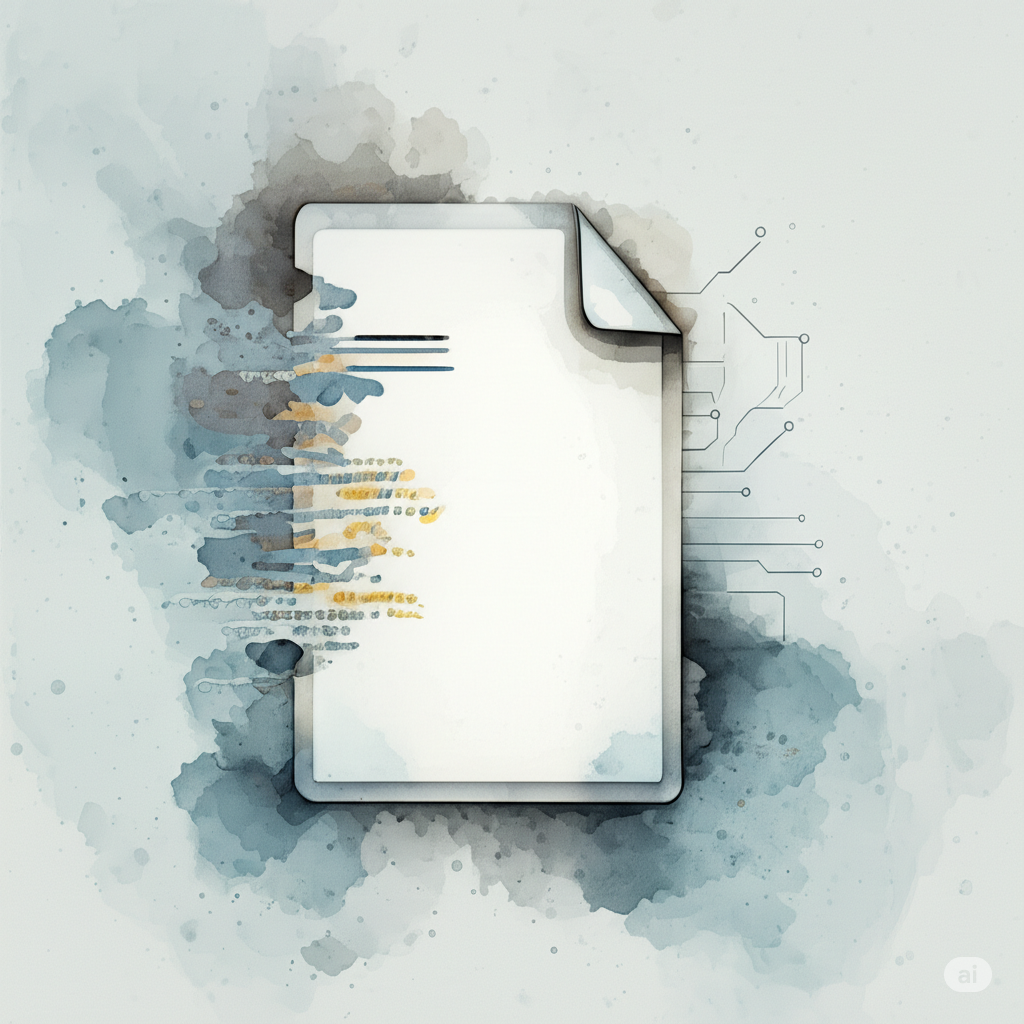Enriching RAG Databases with llms.txt for Advanced AI Agents
By Zach · June 10, 2025 · 4 min read
As AI agents and frontier models become more sophisticated, their effectiveness increasingly depends on the quality and specificity of the knowledge they can access. Retrieval-Augmented Generation (RAG) has become a standard for grounding these models in factual data, but the quality of the RAG database is paramount. The llms.txt standard offers a powerful, structured way to enrich these databases with high-quality, domain-specific knowledge.
The Challenge with Standard RAG Implementations
Traditional RAG systems are often populated by indiscriminately crawling websites, ingesting PDFs, and processing unstructured data. This approach has significant drawbacks:
- Noise and Irrelevance: Raw HTML and unstructured documents are filled with “noise”—navigation menus, ads, boilerplate text—that pollutes the knowledge base and can lead to irrelevant or incorrect retrieved context.
- Lack of Structure: Without a clear hierarchy or metadata, the RAG system struggles to understand the relationships between different pieces of information.
- Stale Content: Databases quickly become outdated as websites change, leading to AI agents providing information that is no longer accurate.
This is where llms.txt and llms-full.txt provide a transformative solution.
Using llms.txt for High-Level Context
The llms.txt file acts as a structured, human-curated “map” of a website’s most important content. For a RAG database, it provides an invaluable, high-signal entry point.
- Curated Knowledge: Instead of a noisy web crawl, you feed the RAG system a concise summary of the website’s purpose and a structured list of its key pages. This is the “expert-guided” version of data ingestion.
- Semantic Hierarchy: The Markdown structure of
llms.txt, with its headings and nested links, provides a natural hierarchy. This can be used to create metadata tags or embeddings that capture the relationships between different topics, leading to more coherent and context-aware retrievals.
By ingesting llms.txt files from trusted sources, developers can create a foundational layer in their RAG database that is both high-quality and semantically rich.
Deep Knowledge Ingestion with llms-full.txt
While llms.txt provides the map, llms-full.txt provides the detailed “encyclopedia.” This file contains the complete, unabridged content of a website’s most critical documentation in a clean, Markdown format.
- Clean, Structured Data:
llms-full.txtis pure content, stripped of all HTML, CSS, and JavaScript. This is the ideal format for RAG ingestion, as it eliminates noise and allows the model to focus on the substance of the information. - Comprehensive Domain Knowledge: For AI agents designed to be experts in a specific domain (e.g., a particular API, a product’s features, or a company’s policies),
llms-full.txtis a goldmine. It allows you to inject a comprehensive, developer-approved body of knowledge directly into the RAG system. - Atomic and Verifiable: Because the content is in a single file, it’s easier to version, track changes, and ensure the integrity of the knowledge being ingested. This is critical for applications where accuracy is non-negotiable.
A Workflow for RAG Enrichment
Here is a conceptual workflow for using these files to enrich a RAG database:
- Discover Sources: Identify authoritative websites in your domain of interest that provide
llms.txtfiles.
Leveraging Our Search Tools for Discovery
Our platform provides specialized tools to accelerate this discovery process:
- Search by Domain: If you already know an authoritative site, you can directly search for its
llms.txtfiles using our main search bar (e.g., searching forcloudflare.com). - Search by Category: To find new sources, you can search for topics relevant to your domain, such as “AI/ML” or “Cybersecurity”. Our engine searches metadata, helping you find high-quality, relevant
llms.txtfiles. - Automate with the API: For programmatic discovery, you can use our
/api/search-llmsendpoint. A simple API call can retrieve a list of websites that havellms-full.txtand are categorized under a specific topic.
Example API call:
# Find sites with llms-full.txt related to "Software Development"
curl "https://llms-text.ai/api/search-llms?q=Software+Development&fileType=llms-full.txt"This automates the first step of your RAG enrichment pipeline, allowing you to build a dynamic list of high-quality data sources.
- Ingest
llms.txtfor Structure: Process thellms.txtfile to extract the site summary and the structured links. Use this information to create high-level nodes and relationships in your knowledge graph or vector database. - Ingest
llms-full.txtfor Depth: For each source, ingest the correspondingllms-full.txtfile. Chunk the content logically (e.g., by section headers) and create detailed embeddings for each chunk. - Link and Layer: Connect the detailed knowledge from
llms-full.txtto the high-level structure derived fromllms.txt. This creates a multi-layered knowledge base where an AI agent can retrieve both a quick summary and deep, specific details. - Automate Updates: Periodically re-check the
llms.txtandllms-full.txtfiles for updates to keep the RAG database current.
Benefits for AI Agents and Frontier Models
By enriching RAG databases with this method, developers can build significantly more capable AI systems:
- Reduced Hallucinations: Grounding models in clean, curated, and comprehensive data dramatically reduces the likelihood of generating incorrect or nonsensical information.
- Enhanced Specificity: Agents can answer highly specific questions about a product or API with confidence, as they have access to the complete, unabridged documentation.
- Improved User Trust: When an AI agent consistently provides accurate, up-to-date, and relevant information, user trust in the system grows.
- Efficient Knowledge Management: The
llms.txtstandard provides a scalable and maintainable way to manage the knowledge base for a fleet of specialized AI agents.
Conclusion
The llms.txt standard is more than just a new web standard; it’s a foundational building block for the next generation of AI. By providing a clean, structured, and developer-approved channel for knowledge transfer, llms.txt and llms-full.txt allow us to move beyond noisy, unreliable data sources and build RAG databases that can truly empower frontier models and specialized AI agents. For any developer working on RAG-based systems, leveraging llms.txt is a critical step toward building more intelligent, reliable, and trustworthy AI.


